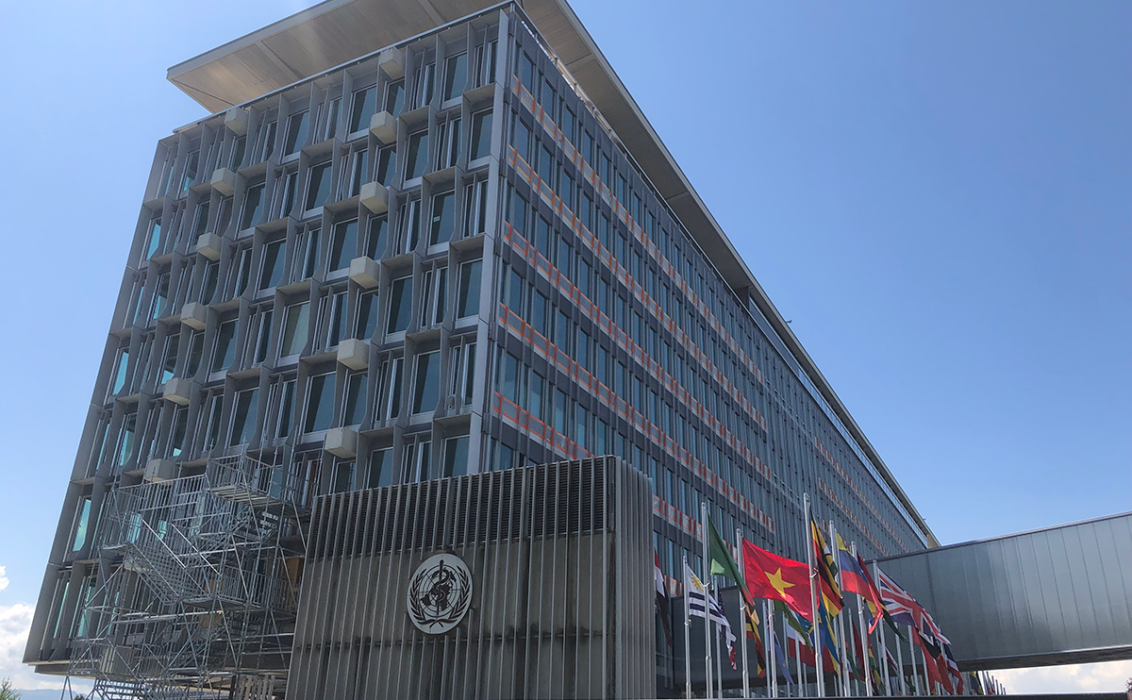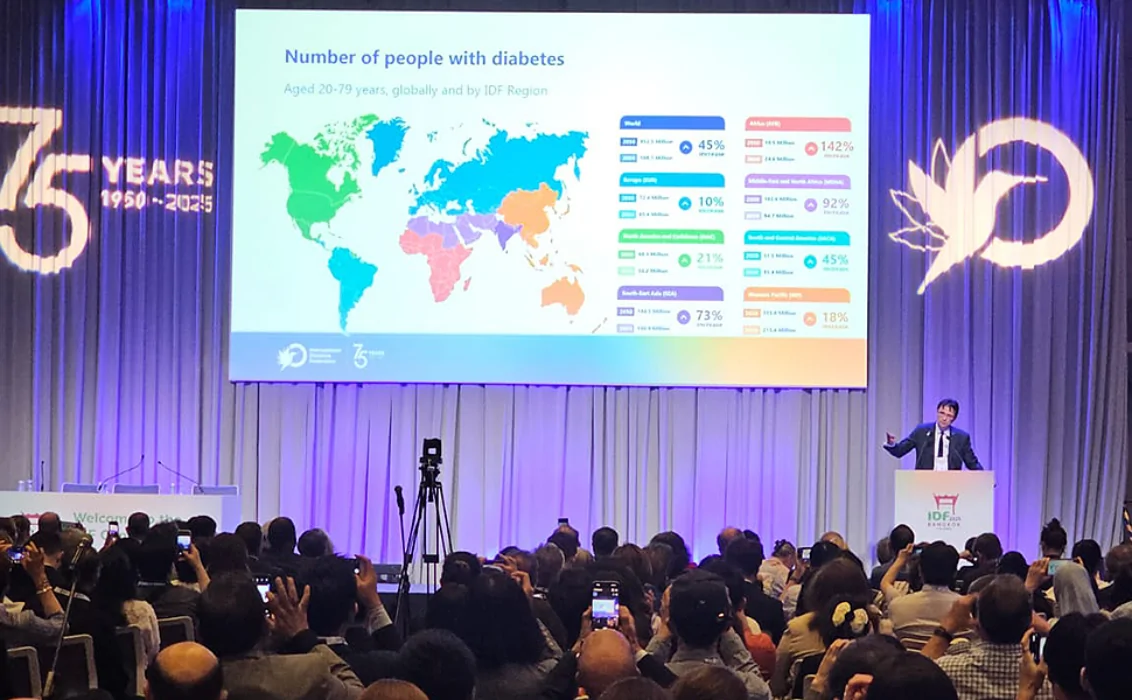The International Diabetes Federation (IDF) thanks Member States for the adoption of the WHO diabetes recommendations and coverage targets at the 75th World Health Assembly (22-28 May, 2022).
The adoption of the recommendations and targets comes just one year after the launch of the WHO Global Diabetes Compact, which aims to respond to the diabetes epidemic by reducing the risk of diabetes and ensuring that all people who are diagnosed have access to equitable, comprehensive, affordable and quality treatment and care. The diabetes coverage targets are as follows:
- 80% of people with diabetes are diagnosed
- 80% of people with diagnosed diabetes have good control of glycaemia
- 80% of people with diagnosed diabetes have good control of blood pressure
- 60% of people with diabetes 40 years or older with diabetes receive statins
- 100% of people with type 1 diabetes have access to affordable insulin treatment and blood glucose self-monitoring
IDF welcomes these targets and believes they provide sufficiently strong direction for Member States to act on diabetes in the coming decade.
The achievement of the targets on diagnosis, glycaemia and blood pressure control, and access to statins would support action to prevent diabetes-related complications and thereby help improve the quality of life for many of the 643 million people that IDF estimates will be living with the condition in 2030.
Efforts towards achieving the target of 100% access to affordable insulin and blood-glucose self-monitoring will help avoid preventable deaths resulting from insufficient access to the essential care people with type 1 diabetes need.
However, the targets are not flawless. IDF regrets that the target on diagnosis does not distinguish between different types of diabetes. Lack of diagnosis is a death sentence for people with type 1 diabetes, who cannot survive without insulin. Therefore, IDF urges Member States to do everything possible to go beyond 80% and diagnose all people living with type 1 diabetes.
The targets provide an excellent opportunity to work towards improving the lives of the 537 million people with diabetes today and the many more who will develop diabetes if current trends continue. Achieving the targets will reduce the financial impact of diabetes on health systems and societies, which IDF estimated at almost 966 billion USD in 2021. The targets can only be achieved if Member States dedicate sufficient human and financial resources to taking action on diabetes and monitoring progress.
100 years have passed since the first use of therapeutic insulin. Action to change the global course of diabetes is long overdue.
IDF and the global diabetes community, including IDF‘s membership of over 230 national diabetes associations stand ready to help Member States achieve these targets.



